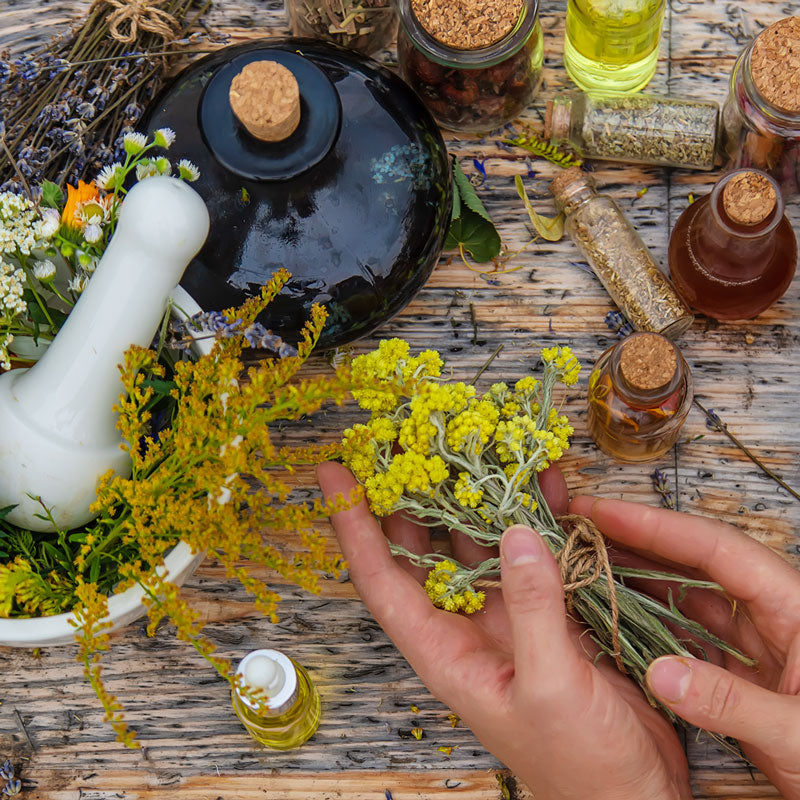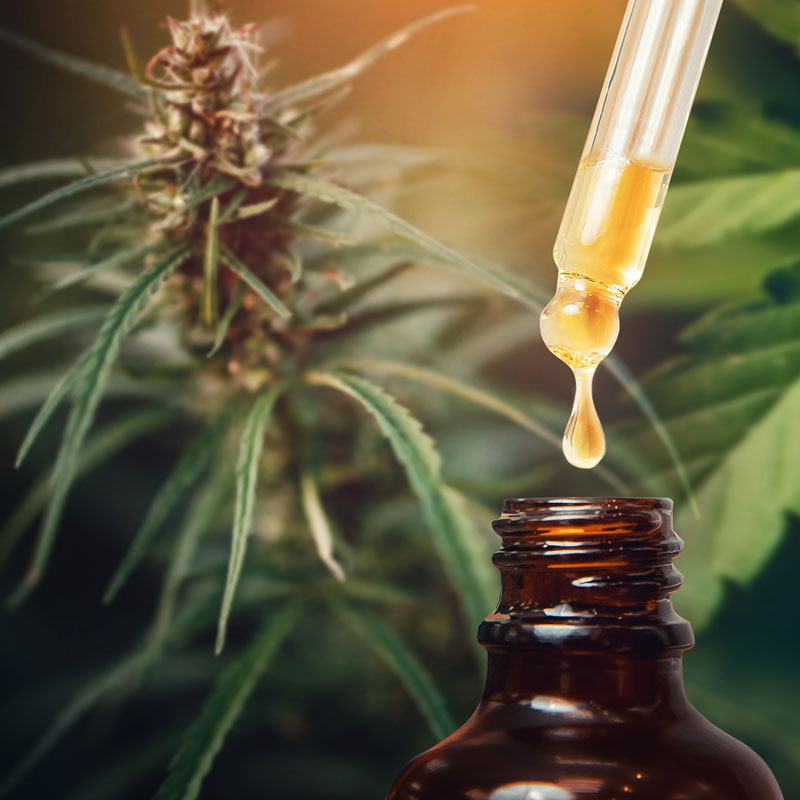Herbal History through 1000 Years of Traditional Herbology

As we delve into the green world of traditional herbology, we step onto a thousand-year-old path where plant wisdom has flourished in various corners of the world. Every culture has its unique touch in the realm of herbalism, using natural plant ingredients to create tinctures, salves, and balms. Each contributes uniquely to the body's wellness, translating the plant's beneficial properties into tangible health. Today, we create tinctures using food grade ethanol with many of these same ingredients. Let's take a journey through the ancient wisdom of China, Assyria, Egypt, and India to unravel the distinctive features of their herbal traditions.
China: A Harmony of Herbs and Healing
Traditional Chinese Medicine (TCM) has integrated herbs into its healing methodology for centuries, dating back to the Han dynasty. TCM's herbal tradition shines in its comprehensive theory of balance - Yin and Yang, the Five Elements, and the meridian system. Among the most popular ingredients are ginseng, used to boost energy, and reishi mushroom, which is revered for longevity and immune support.
Assyria: Pioneers of Plant-based Potions
Ancient Assyrians are often credited as the first to record therapeutic uses of plants on clay tablets. They excelled in producing healing balms and ointments, usually made of fats and resins. One of the most popular plants in Assyrian herbology was the myrrh tree, used to make a powerful antiseptic for wounds.
Greece: The Foundation of Western Herbal Medicine
Greek herbology blended scientific observation with holistic healing, laying the foundation for modern Western medicine. Influenced by scholars like Hippocrates and Dioscorides, Greek herbalists categorized plants based on their effects and therapeutic properties. Ingredients such as willow bark, a precursor to aspirin, and oregano, valued for its antimicrobial benefits, were widely used. The Greeks also refined alcohol-based extractions using wine, an early form of tincture-making, to preserve and enhance the potency of medicinal herbs. Their legacy continues to influence herbal practices today.
Egypt: Ancestors of Aromatic Medicine
Egyptian herbology stood at the intersection of science and spirituality. They were masterful in making balms and salves for skincare, using ingredients like aloe vera, sesame, and castor oil. The blue lotus, a popular ingredient, was used for its soothing properties and is often depicted in ancient Egyptian art. Egyptians were also pioneers in aromatic medicine, incorporating fragrant herbs like frankincense and myrrh into their practices.
India: The Ayurvedic Approach
India has a rich herbal history steeped in Ayurveda, meaning 'science of life.' Ayurveda outlines the three doshas, or constitutions, with each having a unique set of beneficial herbs. Turmeric, with its antioxidant properties, and Ashwagandha, used for stress relief, are quintessential Ayurvedic herbs. Ayurveda emphasizes the role of individual constitution and harmonious living, making its herbal practice unique.
Native American Herbalism: Wisdom from the Land
Native American herbalism is deeply rooted in the natural world, reflecting a profound respect for the environment and the interconnectedness of all living things. For centuries, indigenous peoples across North America have relied on their knowledge of plants for healing, spiritual rituals, and daily sustenance. Their practices embody a harmonious balance with nature and a belief that plants hold powerful medicinal and spiritual properties.














